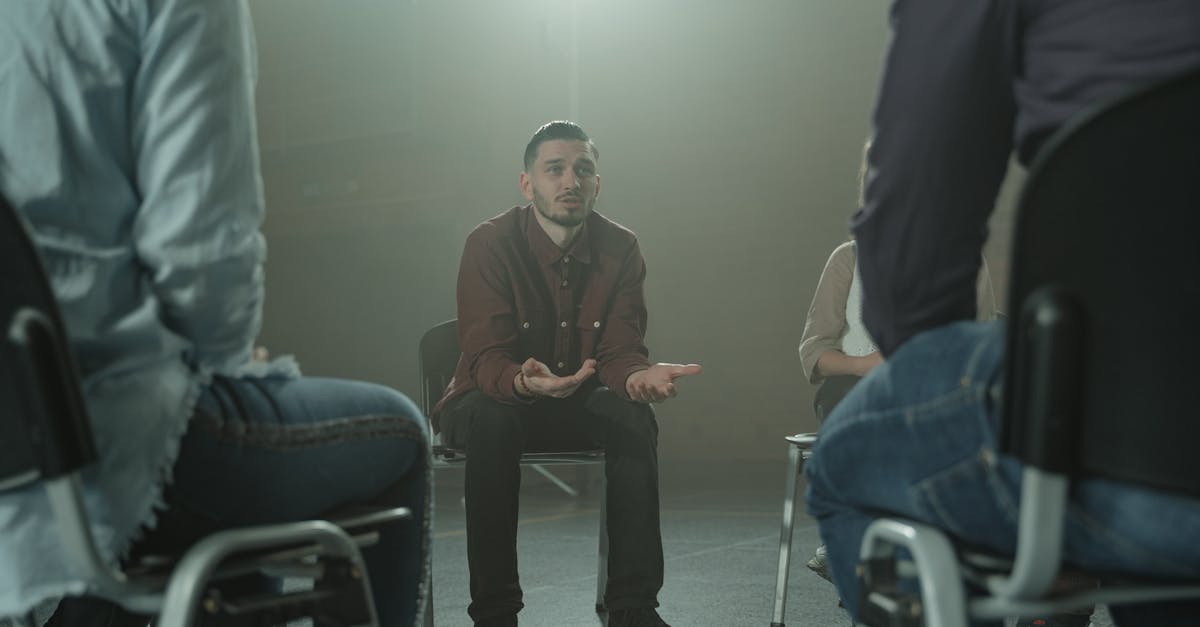The Sorry Trap: When Apologizing Puts You at a Disadvantage
Apologizing is often seen as a hallmark of civility and emotional intelligence, a way to mend fences and restore harmony. However, there exists a paradox where apologies, instead of smoothing over conflicts, can sometimes lead to unintended negative consequences. This exploration delves into the intricate dynamics of apologies, examining how they can place individuals at a disadvantage. By dissecting scenarios where apologies backfire, we aim to uncover the psychological, social, and professional ramifications of this seemingly benign act. This article seeks to illuminate the complexities of the "Sorry Trap," providing insights into when and why apologizing might not be the best course of action.
The Psychology of Over-Apologizing

Over-apologizing can stem from deep-seated psychological patterns, often rooted in a desire to please or avoid conflict. Individuals who frequently apologize may suffer from low self-esteem, believing that they are perpetually at fault. This behavior can inadvertently reinforce a negative self-image and erode confidence. Furthermore, habitual apologizers might be perceived as less competent or assertive by others, which can undermine their authority and credibility. Understanding the psychological underpinnings of excessive apologies is crucial, as it enables individuals to break free from this cycle and develop healthier communication patterns that do not compromise their self-worth.
Social Dynamics and Power Imbalances

In social interactions, apologies can inadvertently reinforce power imbalances. When one party consistently apologizes, it can signal submission, allowing the other party to assert dominance. This dynamic is particularly prevalent in hierarchical relationships, such as between employers and employees or in traditional gender roles. The act of apologizing can be misinterpreted as an admission of weakness, leading to exploitation or manipulation. Recognizing the social dynamics at play is essential for navigating relationships effectively, ensuring that apologies do not become tools for maintaining inequitable power structures but are instead used judiciously to foster mutual respect.
